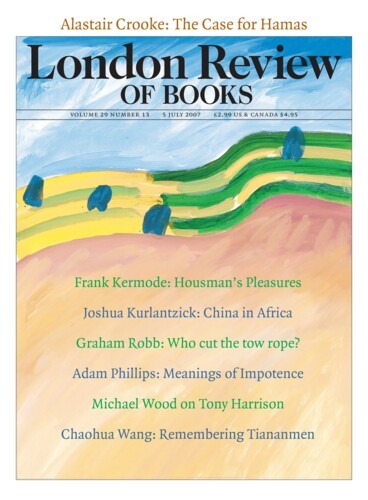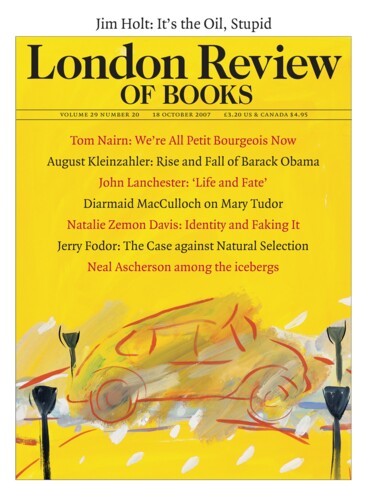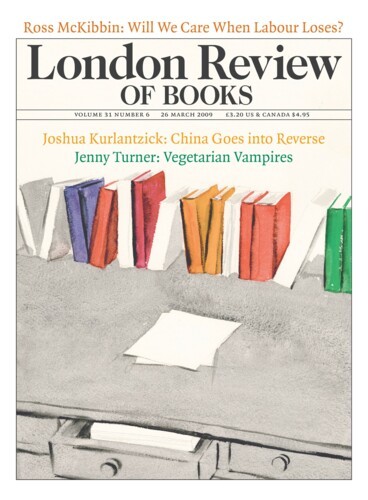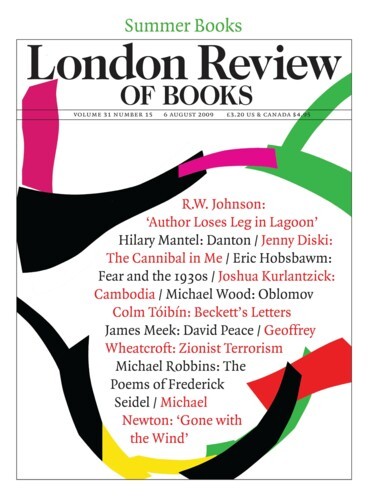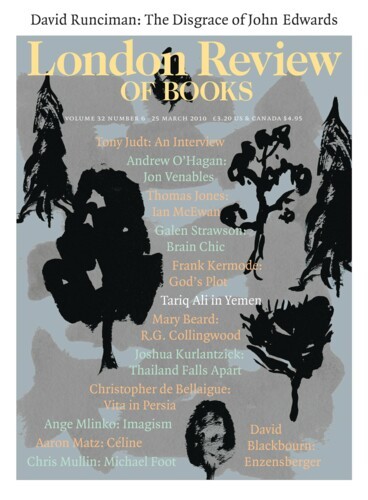Beijing Envy: China in Africa
Joshua Kurlantzick, 5 July 2007
Earlier this year, the Chinese president, Hu Jintao, went on a 12-day tour of Africa. In Zambia he announced that China would build an economic co-operation zone in the country that would attract $800 million of investment. Zambia’s former president, Kenneth Kaunda, received him personally, and the Chinese president delivered his usual speech: ‘China is happy to have Zambia as a...
